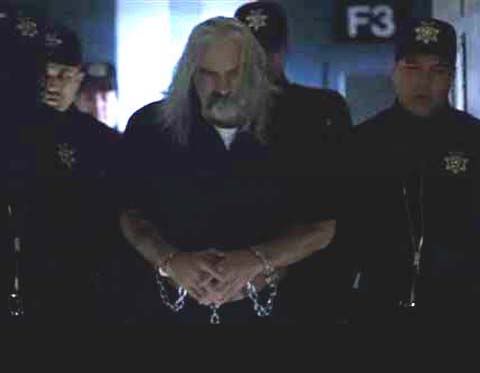State-sanctioned history is written by the victors (the state). Revisionist history plays an important role is clarifying the state's "mistakes."
To your point, the public's perception of Assange in 100 years can go in a lot of directions. Propaganda driven through state-sanctioned history will have a huge influence.
A good example is found in the way we perceive Lincoln. Some feel he was a friend to blacks. Others consider him a tyrant. Countless other historical figures offer similar examples. I'm guessing the same will be true of our perception of Assange.
When it comes to public perception, it's anybody's ballgame. An emotional public can be easily swayed by propaganda.
Not to go off-topic, but I'd argue that propaganda alone can't remake the image of a historical figure. There is a great big difference between the way Christopher Columbus looks in the history of the United States taught in the classrooms (and thus, to the mass of Americans) vs. Howard Zinn's portrayal of him in "A People's History of the United States".
Perception is dictated by the narrator and the volume of people who believe him and this disproportionately favors the "victor". It takes mass.


